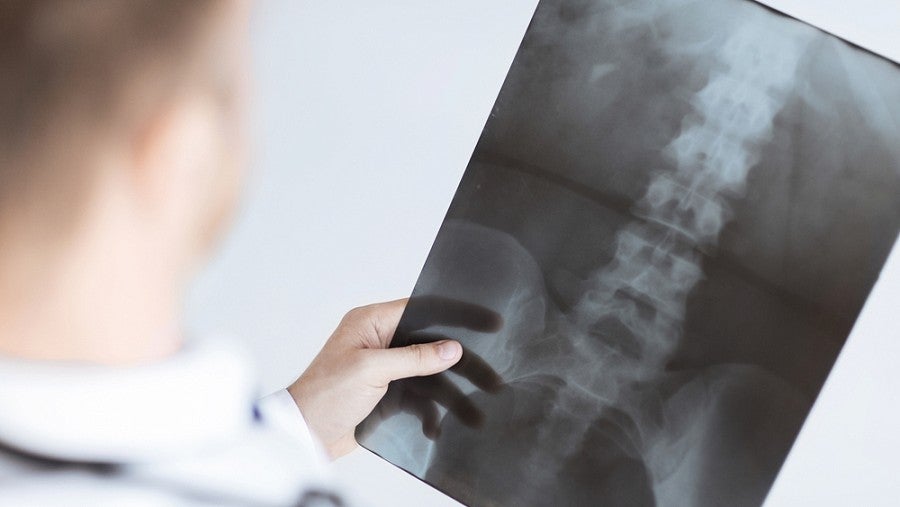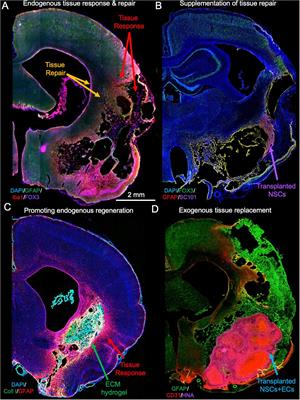Looking for opinions/thoughts/evidence for regenerative medicine with SCI, TBI, and stroke. For example, the use of PRP, scaffold proteins, bioengineering of polymer templates for healing, enzymes, bone marrow aspirate concentrate, and other approaches.
Does this seem like something that will be relevant in the next five, ten, or twenty years? I have heard vague answers that say no, looking for specific discussions about the literature and progress made/limitations
I am new to SDN, and I apologize if this post should be posted elsewhere, but this seemed like an appropriate place. Please let me know if there is a better spot.
Below are some examples of the research and applications I am interested in. I would also appreciate any recommendations on what specialties and fellowships would give me the greatest exposure to this area of medicine. I have gravitated towards PMR, but I am also considering neurology. Thank you

 around.uoregon.edu
around.uoregon.edu
 accelerate.uoregon.edu
accelerate.uoregon.edu

 pubmed.ncbi.nlm.nih.gov
pubmed.ncbi.nlm.nih.gov

 www.frontiersin.org
www.frontiersin.org

 pubmed.ncbi.nlm.nih.gov
pubmed.ncbi.nlm.nih.gov
View attachment 319275
 www-sciencedirect-com.libproxy.uoregon.edu
View attachment 319273
www-sciencedirect-com.libproxy.uoregon.edu
View attachment 319273
View attachment 319272
View attachment 319271
Does this seem like something that will be relevant in the next five, ten, or twenty years? I have heard vague answers that say no, looking for specific discussions about the literature and progress made/limitations
I am new to SDN, and I apologize if this post should be posted elsewhere, but this seemed like an appropriate place. Please let me know if there is a better spot.
Below are some examples of the research and applications I am interested in. I would also appreciate any recommendations on what specialties and fellowships would give me the greatest exposure to this area of medicine. I have gravitated towards PMR, but I am also considering neurology. Thank you

Altered enzyme offers hope for spinal injury and stroke | Around the O
Project co-led by a Knight Campus scientist delivers stability to a natural protein
Research News | UO Knight Campus

Phase I Trial of Intrathecal Mesenchymal Stem Cell-derived Neural Progenitors in Progressive Multiple Sclerosis - PubMed
The Damial Foundation.

Frontiers | Bioscaffold-Induced Brain Tissue Regeneration
Brain tissue lost after a stroke is not regenerated, although a repair response associated with neurogenesis does occur. A failure to regenerate functional b...

The injured brain interacts reciprocally with neural stem cells supported by scaffolds to reconstitute lost tissue - PubMed
Hypoxic-ischemic injury is a prototype for insults characterized by extensive tissue loss. Seeding neural stem cells (NSCs) onto a polymer scaffold that was subsequently implanted into the infarction cavities of mouse brains injured by hypoxia-ischemia allowed us to observe the multiple...
View attachment 319275
Login for Library Electronic Resources & Services - UO Libraries
View attachment 319272
View attachment 319271
Last edited:
